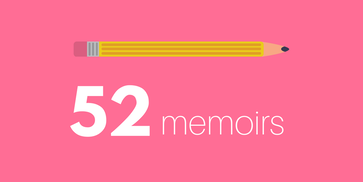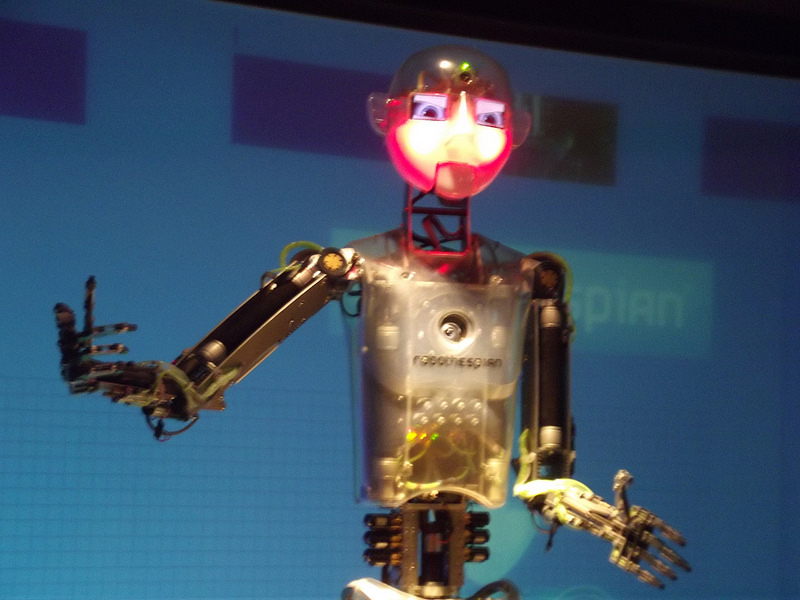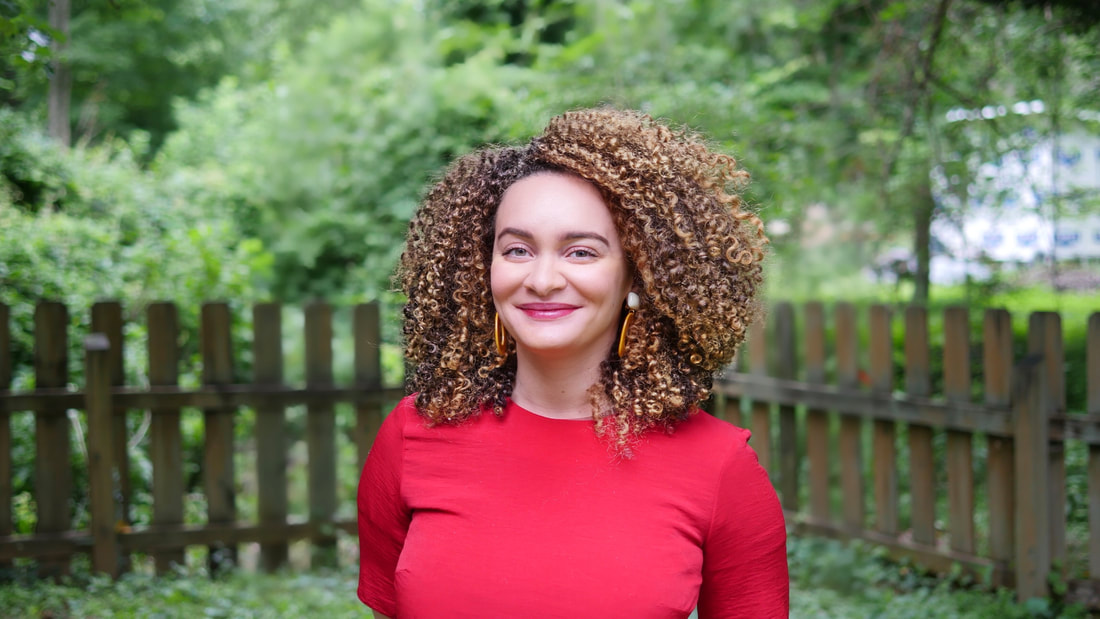|
As a young kid, there were three careers I was seriously considering: acting, neurosurgery and human rights law, or some combination of the three. Sometimes I envisioned myself as a medical lawyer who did improv. Each option appealed to different parts of my personality. I enjoy talking (as anyone who has ever met me will attest to), helping people and challenging myself. Acting seemed like it would allow me to creatively express myself, and if I was good enough, give me a public platform to advocate for important causes. Medicine seemed difficult which is why it felt like a good challenge to commit to, maybe just to prove I could do it. And human rights law made me feel like I would be a strong and glamorous career woman standing up for the oppressed and stomping around New York with a briefcase, so basically Amal Clooney.
Usually, when I would share my career ideas with people, I’d get backlash. Most thought it was ridiculous to dream so big or to try to carve out such a unique path. (I did a TEDx talk about this exact topic, so I won’t dive into lots of detail in this post: please watch it if you want to!) I always ran up against, and had to resist, ideas of doing something ‘safe’ or reliable, like being a (commercial) lawyer or getting a commerce degree. When I got high enough grades to gain admission to any university course I wanted to, a lot of people were shocked by my decision to study a straight Bachelor of Arts degree and major in anthropology. But I realised pretty early on that if I wanted to live my own life, for myself, I’d have to manifest my own destiny by carving out a fresh path – so maybe others would be inspired to follow suit. This isn’t a part of my story I’m ready to delve into just yet, but in my late teens when I began working professionally, I had to leave the orthodox university path to work full time and support my single Mum who had stage 4 melanoma. By many conventional measures, I couldn’t have gotten anywhere in life if I had to stop going to campus at 19 and support a household. But I found a way to make it work by getting an admin role at a legal charity for refugees when I was barely 20. I concurrently enrolled in online university courses and cross-credited them to my degree, studying each night and managing to graduate on time. At 21 I was promoted at the charity, helping the new CEO transition into her role. At 21 I also went to graduate school (online again) completing a postgraduate qualification in Australian Migration Law and Practice. The same year, I qualified and registered to practice migration law, and took on a number of refugee clients at low cost or pro bono, many of whom I’m still assisting today. At 22, I started working part-time with a French refugee NGO helping with their communications and strategy, which gave me opportunities to travel in the Asia Pacific region and build up my networks. That year I also founded a non-profit organisation in my hometown, which gained local, national and international media coverage. At 23, I decided to take on full-time Anthropology honours (an optional fourth year of study), and a concurrent Masters degree, then later that year I was interning at the UN in New York. At 24 I moved to London and began heading up digital channels and campaigns for International Peace Day, then I got my current ‘dream role’. At 25 – I’m a marketing manager in London, travelling the world, experiencing things beyond my wildest dreams, and appreciating every second of it. I've had more roles in six years than many people would in a couple of decades. But this was all a result of me trying to make up for my personal setbacks. I can't say that I’d have achieved so much or pushed myself so hard if at one point I wasn’t afraid that my Mum would die and I’d be bankrupt. But adversity is what forces innovation – not just at a professional level, but a personal one. I am now fearlessly committed to adapting, learning, accepting new challenges, meeting new commitments, and always thinking “what’s next”. Not only what’s next for me, but what’s going to happen next in the world? What’s going to be important? What’s possible? I tell the younger people I mentor to ignore most of the advice they receive, even from me. That might sound ridiculous (and certainly contradictory), but I believe it’s important. Anyone who thinks they know what will happen in the future is overconfident, lying and/or stupid. None of us know anything concrete, and we need to be ready to adapt to new circumstances. I have ended up focusing my career on a lot of data intensive, digital things that simply didn’t exist when I was a high school student. No career counsellor could have ‘advised’ me into my current occupation. Half of the people that I know who studied law or commerce can’t get jobs. What will I be doing in five years? Who knows. The niche likely hasn’t emerged, and if my mind is too made up right now, I might not be ready to take on the next challenge. I’ve realised that I can’t plan for a world that doesn’t exist yet. I don’t think you can either, because we are co-creating that world right now. This has been even more hammered into me through recent political events, with Brexit and Trump both making it feel like we’re playing out a dystopian novel. I might have one vision of the world, but some people different to me might have another. The upside to all of this uncertainty is being able to live boldly and help manifest whatever future you want to see. For me, that’s human development and social impact facilitated by technology. Things that were barely imaginable five years ago – like mobile money being able to distribute cash aid to refugees – are realities right now. In ten or twenty years, who knows? Cynics will say that all of this technological change is terrible for humanity, and that it will make our lives that much worse. What I see every day are commercially-sustainable technological platforms giving the world’s poorest people access to new information and services that are allowing them to transform their own lives. I don’t honestly believe that the ‘fourth industrial revolution’ will leave those people behind, because I see people who are able to adapt already flourishing. With all of the rapid transformation in Africa and Southeast Asia, coupled with booming youth populations relative to the West, my money is on traditionally “poor” societies overtaking us entirely in fifty years. So let’s try not to pretend more than we do and face each new challenge head on. Let’s not be afraid to work hard or take big risks – because the world is going to change around us anyway, so why not be bold? That way we can co-create our own future, not just be victims of it. This is the fifth in a series of 52 Memoirs I will be posting weekly until April 2018. Look out for new posts every Wednesday! |
AuthorMy name is Keeya-Lee Ayre, but I go by just Keeya if the context is casual. I'm American-born, Australian-raised, and living in Atlanta after a 2 year stint in London. I work in the humanitarian innovation / tech / social impact space. You can follow me on twitter here! Archives
February 2018
Categories |




 RSS Feed
RSS Feed